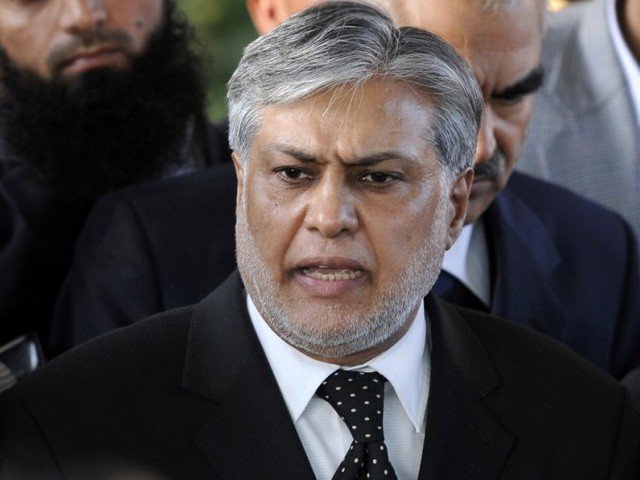ISLAMABAD: A task force led by Deputy Prime Minister Ishaq Dar has approved a decision to sell 35% of all future gas discoveries to private companies through a competitive bidding process.
The move is part of an ongoing effort being made under the umbrella of the Special Investment Facilitation Council (SIFC), which has been working to find foreign investors for Pakistan’s mineral resources as well as its agricultural land.
In the works for some time
Gas discoveries, of which Pakistan has plenty, also require investment and interested parties. In the past, the government has failed to capitalise on such discoveries because of a lack of this investment. By allowing private companies a guaranteed slice of these resources, the government is hoping to inject some serious investment and perspective into the entire sector. Initial projections by the government point towards a projection of $5 billion being pumped into the exploration and production (E&P) sector through this.
The move, which was eagerly awaited by much of the industry, was delayed a few times due to internal politics of the PML-N. The task force was the scene of flaring political tensions between Petroleum Minister Musadik Malik and the Deputy Prime Minister.
According to sources, the decision came after almost a year-long resistance from government-owned gas companies over this issue.
Nevertheless, the decision aligns with the directives of the Council of Common Interests (CCI), which includes the Chief Ministers of all four provinces. The CCI had decided to allow E&P companies to sell the reserves to third parties way back in January. The council asked the gas companies and the petroleum division to prepare a framework for the sale of 35pc of unallocated gas to third parties and get it approved by the Ecnec. The decision was yet to be implemented after 11 months.
Back then, the council had emphasised the need for transformative measures to address the country’s energy challenges. The approved policy aims to revitalise Pakistan’s struggling energy sector, reduce the circular debt, and attract much-needed investments.
Industry bolstered by new policy
Industry insiders are naturally excited by the prospect, claiming it is a pragmatic step toward revitalising the country’s energy landscape. Ghiyas Abdullah Paracha, CEO of Universal Gas Distribution Company (UGDC), called it a “historic decision” that will pave the way for long-term benefits, including enhanced energy stability and economic growth.
Paracha highlighted the policy’s potential to address critical issues such as gas shortages, circular debt, and distribution losses. “This move will enable the construction of new gas storage facilities and terminals, ensuring an uninterrupted supply of locally produced gas at affordable rates for industries across Pakistan,” he stated.
The policy is also expected to reduce the menace of Unaccounted for Gas (UFG) losses and minimise the overall cost of gas transportation, boosting efficiency and operational profitability for the energy sector.
The decision, stemming from the CCI’s January 26, 2024, approval of an amended E&P policy, mandates that 35 percent of all future gas discoveries be sold to the private sector. This approach aims to attract Exploration and Production (E&P) companies, increasing their involvement in Pakistan’s gas sector.
Paracha noted that the initiative would provide a stable framework for private investments, enabling greater profitability while reducing operational risks. “The consistent availability of local gas will provide industries with a reliable and cost-effective energy source, reducing the risk of future crises,” he added.
The government claims that by ensuring efficient utilization of local gas resources, Pakistan’s reliance on expensive imported gas will decline, saving valuable foreign exchange reserves. Additionally, improved infrastructure and reduced losses in gas distribution will contribute to financial stability for gas companies.
The hope is that profitability of gas companies is anticipated to rise with the implementation of this policy, creating a more robust and stable energy sector. The involvement of private companies through competitive bidding will lead to the development of advanced gas infrastructure, including storage facilities and terminals.




